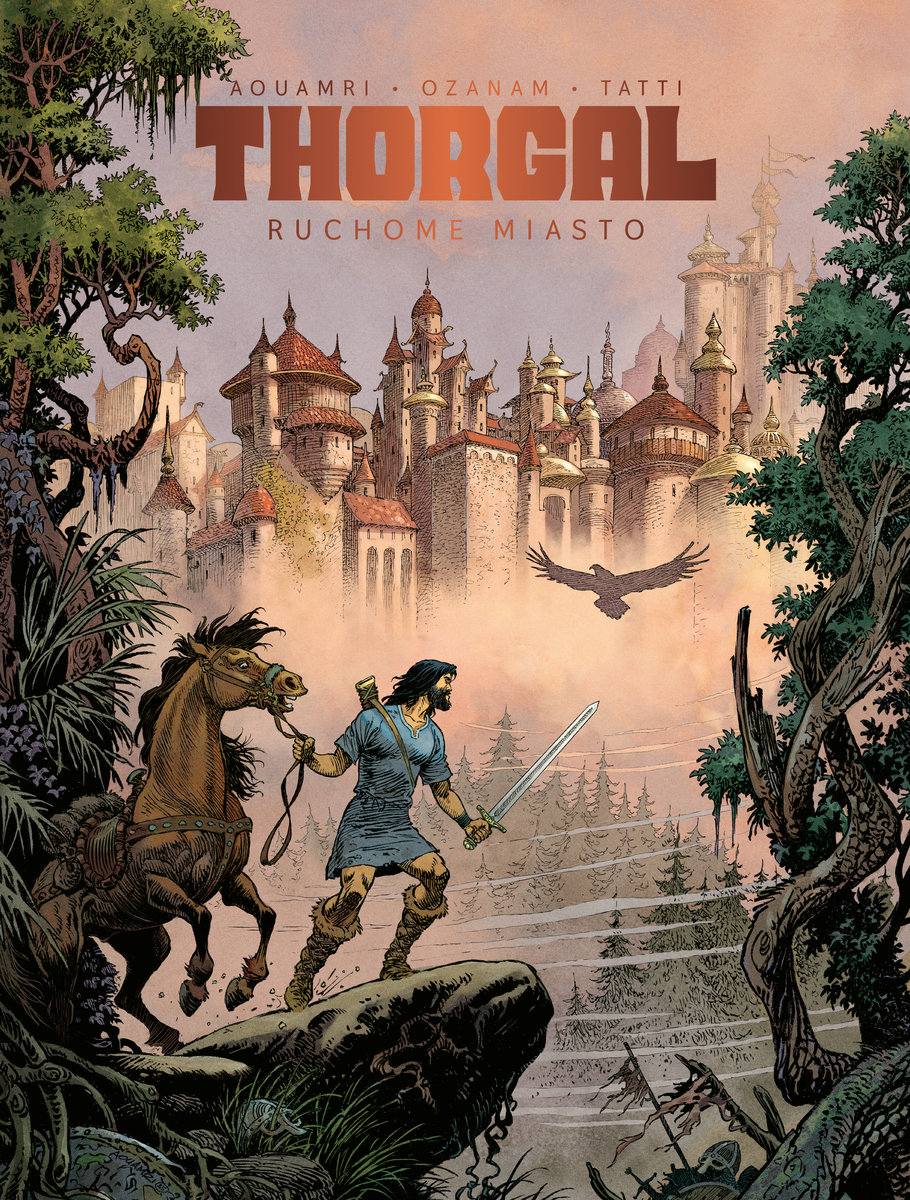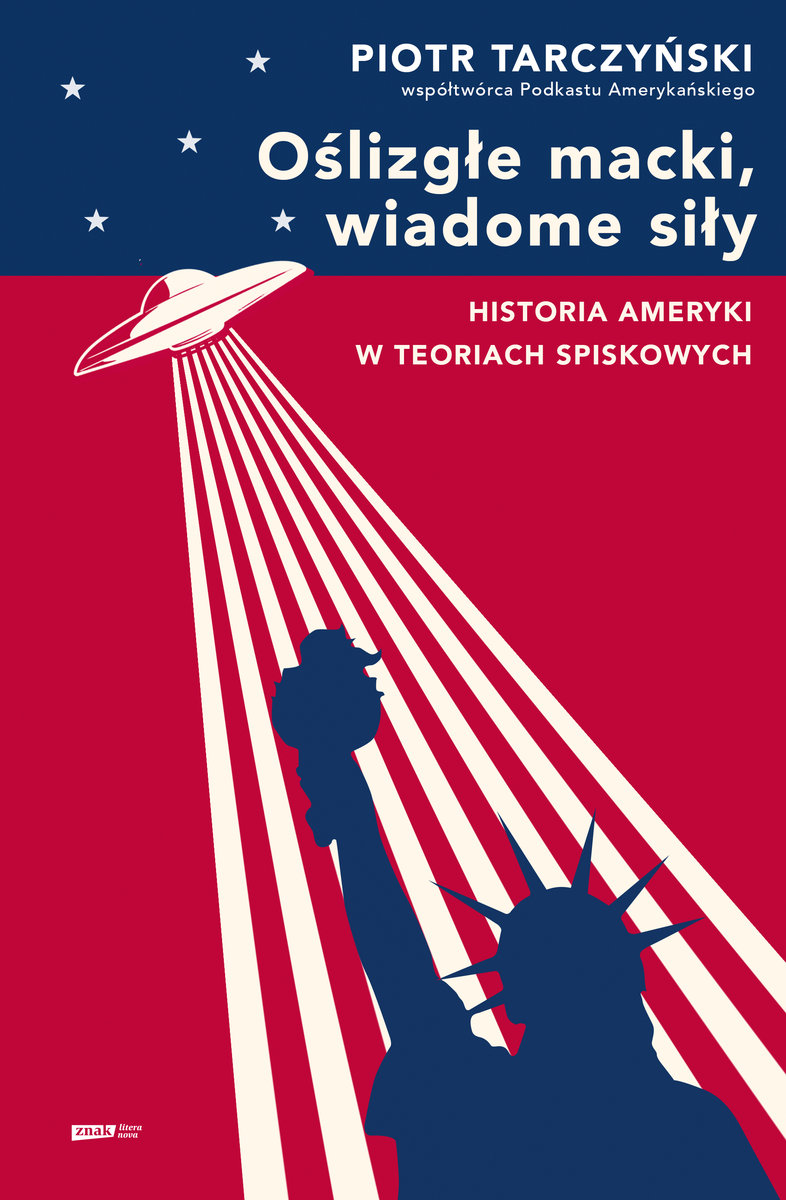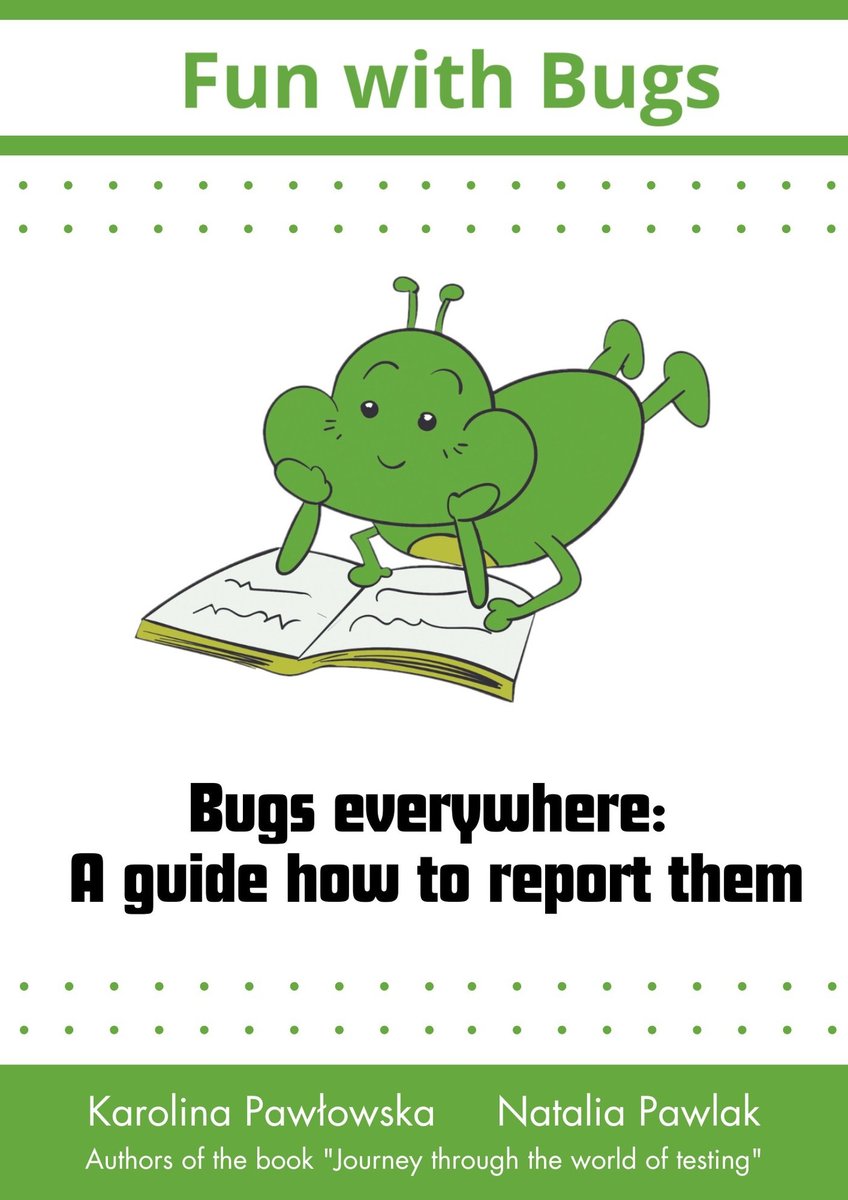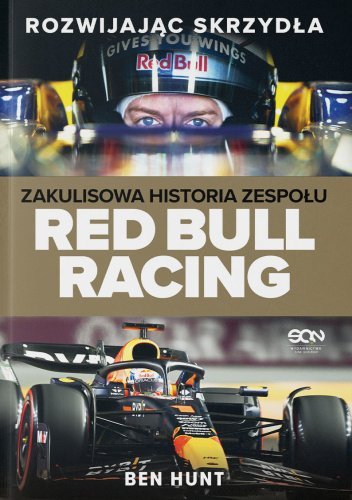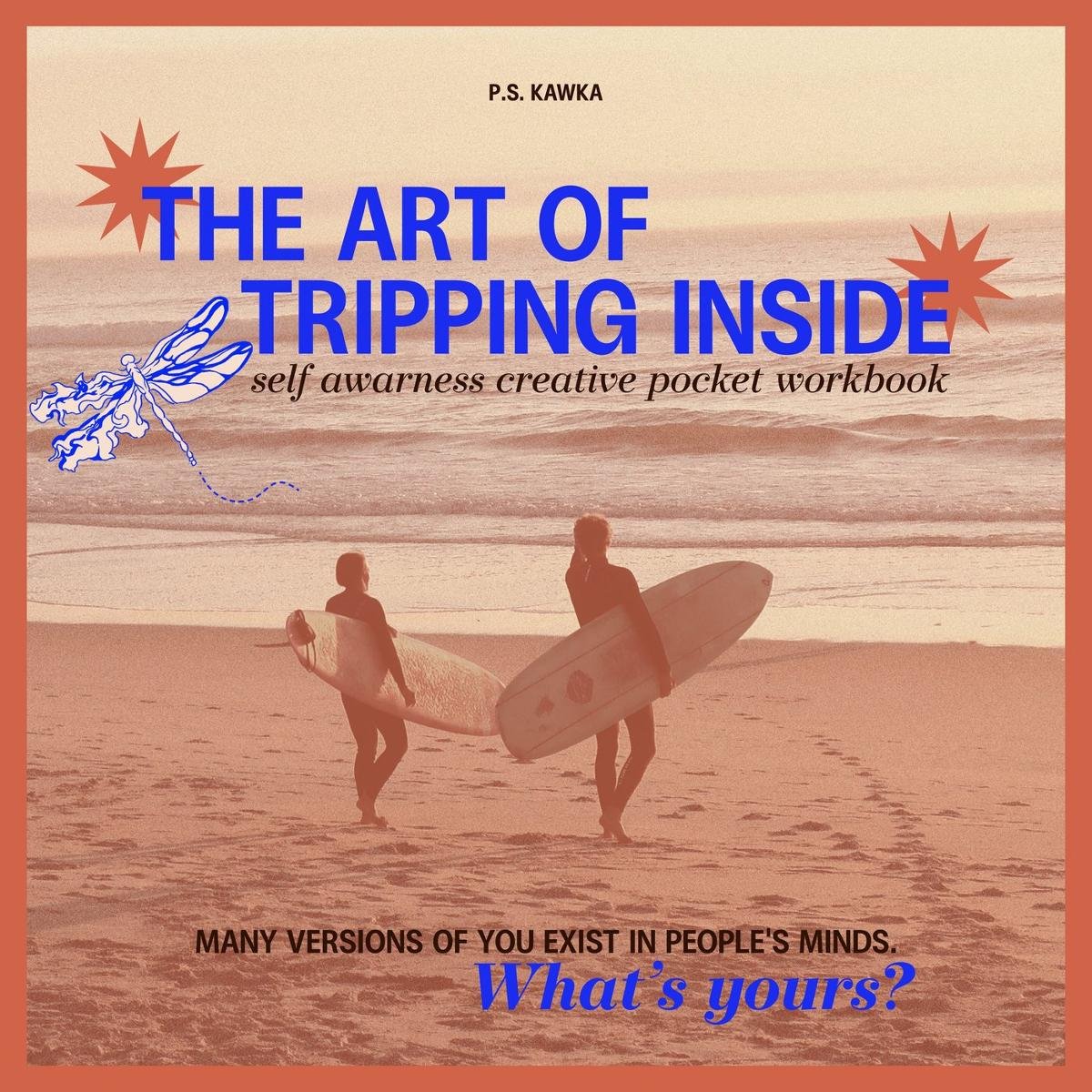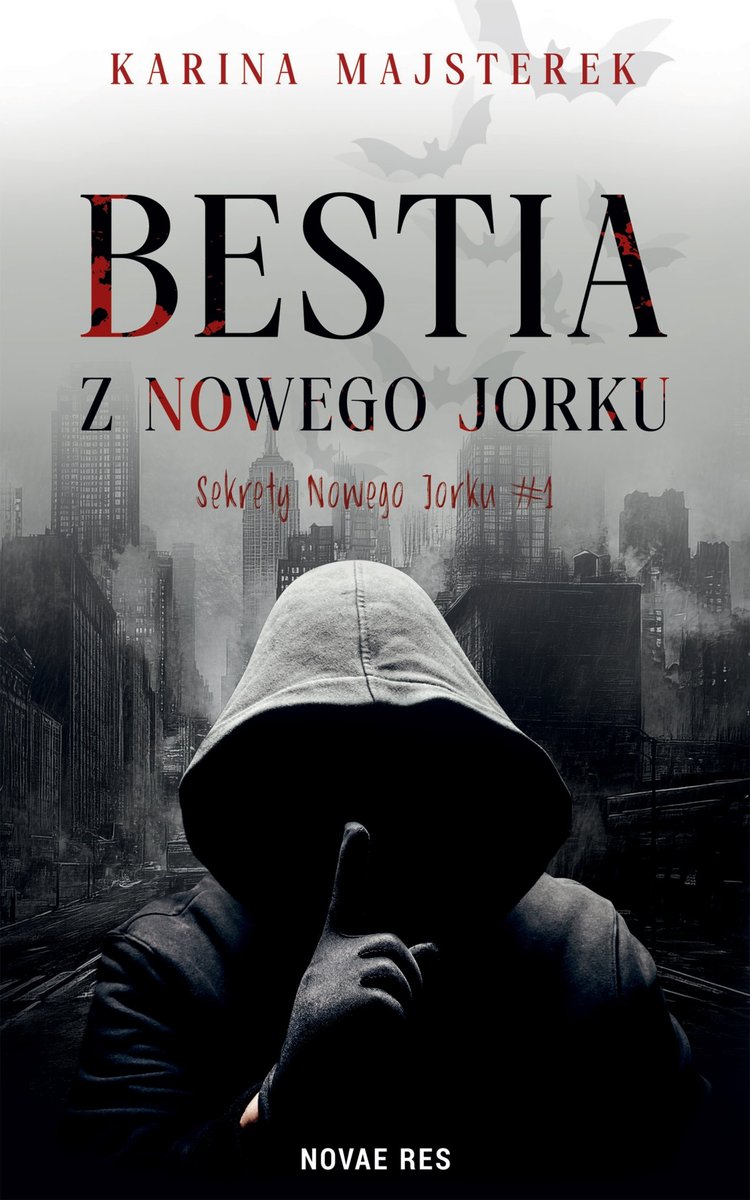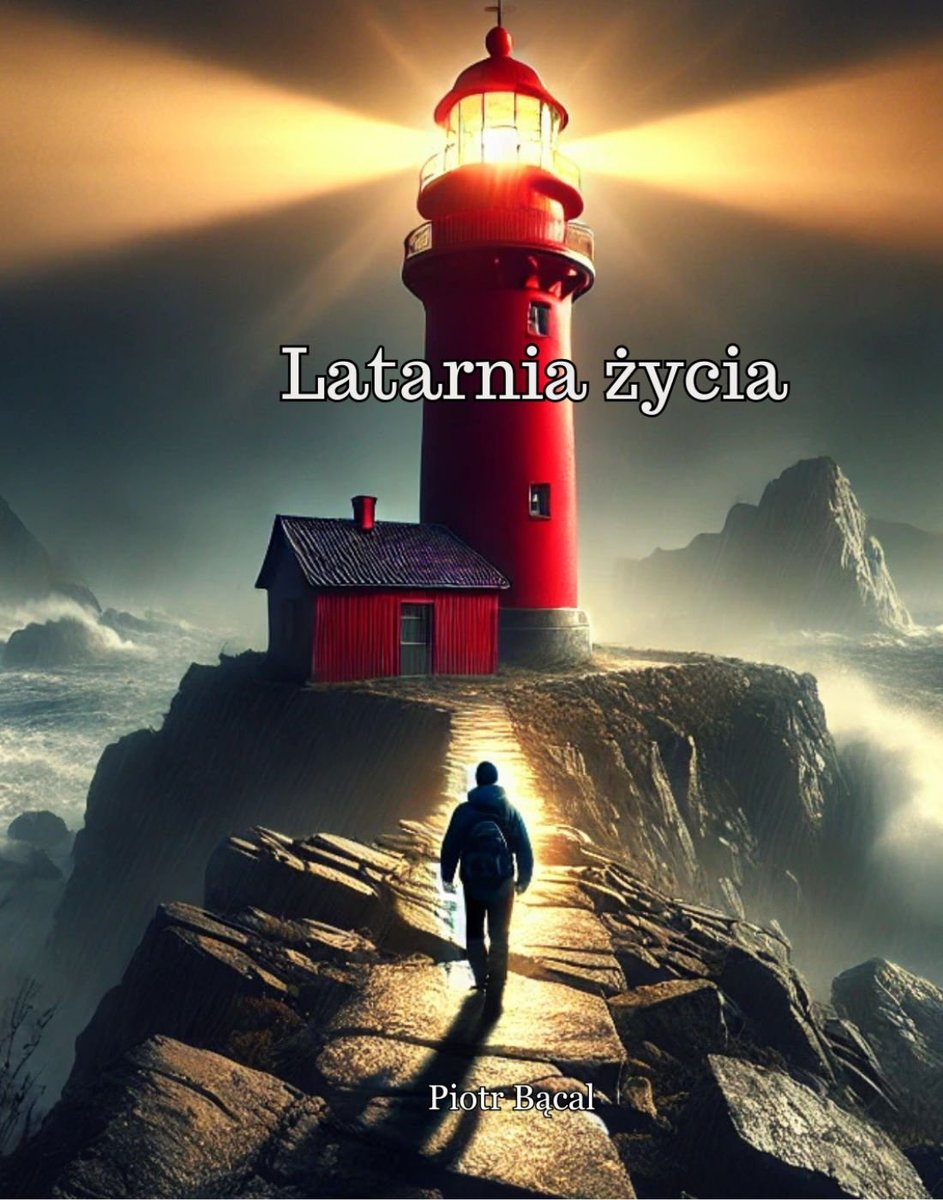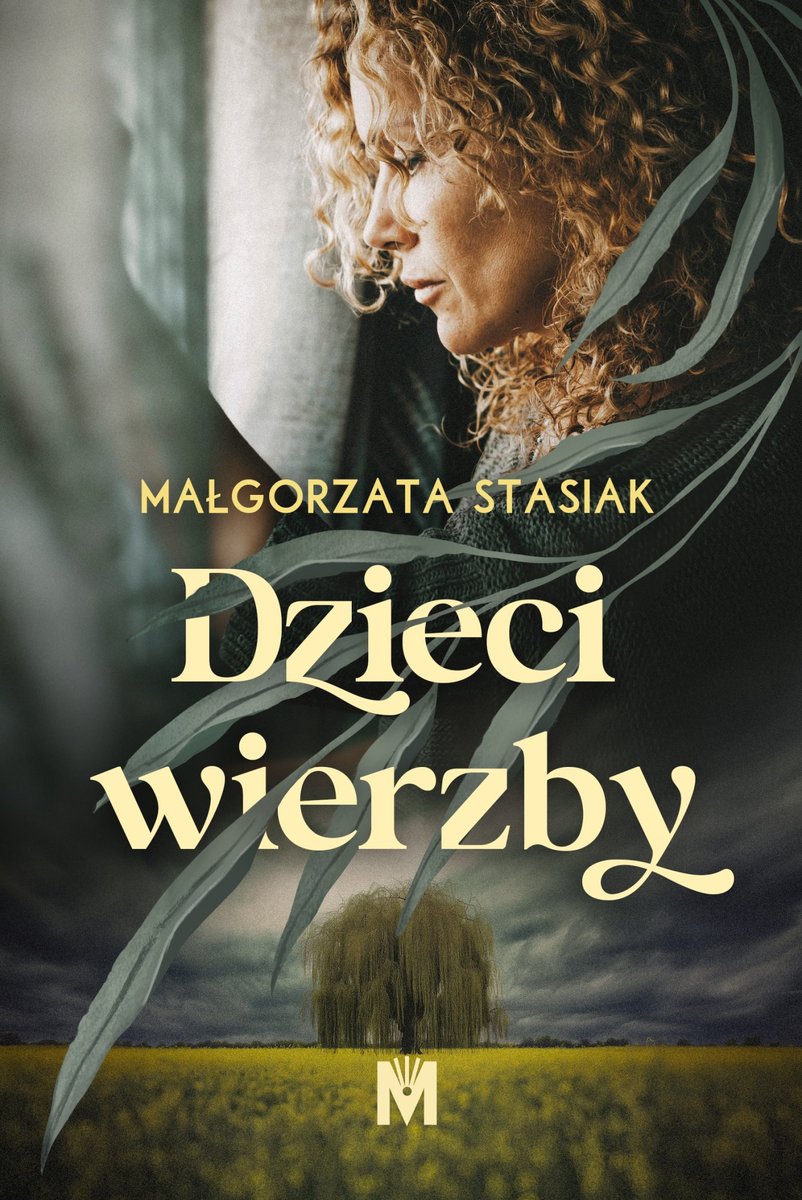Radda mniejszosci
| Szczegóły | |
|---|---|
| Tytuł | Radda mniejszosci |
| Rozszerzenie: | |
Radda mniejszosci PDF - Pobierz:
Pobierz PDF
Radda mniejszosci - podejrzyj 20 pierwszych stron:
Strona 1
Strona 2
www.orbitbooks.net
orbitshortfiction.com
Strona 3
Begin Reading
Table of Contents
A Preview of Equations of Life
Copyright Page
In accordance with the U.S. Copyright Act of 1976, the scan-
ning, uploading, and electronic sharing of any part of this
book without the permission of the publisher is unlawful
piracy and theft of the author’s intellectual property. If you
would like to use material from the book (other than for re-
view purposes), prior written permission must be obtained
by contacting the publisher at [email protected].
Thank you for your support of the author’s rights.
Strona 4
Prelude: You Can’t Be
Everything to
Everyone…
Strona 5
In which there is a
meeting on a boat…
Strona 6
I had been in Deptford, hunting vandals.
Not your nice vandals, not the kind who
trashed a park bench or burnt out a car.
These were the vandals who painted, on
the walls of the houses, signs that sent all
who looked on them, quite, quite mad.
They said they did it to show us the truth,
and the truth was we were all being tricked.
We were all insane, all of us who thought
that the world was safe, and ordered, and
had a purpose. They knew, they had seen,
they were trying to make us understand.
I said, pull the other one, it’s got bells on,
you’re just going around screwing up people
because you’re screwed up in turn and be-
sides, if the world really is as dark as you
Strona 7
7/1048
think it is, then I’ll take the illusion any day,
thank you.
They answered, and who the hell do you
think you are, jimbo (or words to that effect),
you come swaggering on in here in the
middle of the night and you’re all like, Stop
being vandals or else—well we know people,
you know, we can do you.
I made a few pithy comments, along the
following lines:
My name is Matthew Swift. I’m a sorcer-
er, the only one in the city who survived
Robert Bakker’s purge. I was killed by my
teacher’s shadow and my body dissolved into
telephone static and all they had left to bury
was a bit of blood. Then we came back, and I
am we and we are me, and we are the blue
electric angels, creatures of the phones and
the wires, the gods made from the surplus
life you miserable excuse for mortals pour
into all things electric. I am the Midnight
Mayor, the protector of the city, the guardian
Strona 8
8/1048
of the night, the keeper of the gates, the
watcher on the walls. We turned back the
death of cities, we were there when Lady
Neon died, we drove the creature called
Blackout into the shadows at the end of the
alleys, we are light, we are life, we are fire
and, would you believe it, the word that best
describes our condition right now is cranky.
Would you like to see what happens
when you make us mad?
They seemed to understand.
When they were gone, I walked along the
river, heading east with the turning of the
tide. Sorcerers in the big city go mad too eas-
ily; their hearts race at rush hour, their heads
ache when the music plays in the clubs below
the city streets, they breathe a mixture of
carbon monoxide and lead nitrate fumes,
and fresh air, clean, country air, brings on
wheezing. I have always been careful to avoid
the madness, but the river, on a clean, cold
Strona 9
9/1048
night inclining to winter, was a draw and a
power that couldn’t be resisted.
So I walked. Over muddy quays drained
down to the bed, past timber warehouses
and cement factories, beneath the white
bulbous lights of brand new apartment
blocks and over crooked paths between
cracked tarmac roads. Past shops with
brown-eyed mannequins staring emptily out
from reflective window-panes, through the
smell of Chinese take-away guarded by a
forever-saluting golden Nazi cat, across car
parks to shopping estates where the average
price of the average good was £14.99 and
this month’s material of choice was polyester
or plywood, past little chapels wedged in
between the building society and the sixth-
form college where, If You Believed It, You
Could Achieve It. (Classes rated ‘Satisfactory’
by the Schools Inspector.) I kept the river to
my left, paused to watch a flight of twin-
bladed military helicopters following the
Strona 10
10/1048
curve of the water into the centre of town,
leant out over a balustrade to see the silver
towers of Canary Wharf catching cloud in
their reflective surfaces, watched the train
rattle away beneath Greenwich Hill, felt the
shock as we crossed the Prime Meridian. Ley
lines exist but, like all of magic, they are
formed where life is thickest, and where
meaning is imposed by man. Life is magic;
magic grows where there is most life.
Quite how I ended up at the pier, I don’t
know. But my feet were starting to tingle
with a dry heat that might at some point be-
come an ache, and even the curry houses and
not-quite-Irish pubs were closing for the
night. At the Millennium Dome, an exercise
in civil engineering somewhere between a
white pleasure palace and a blister in a
wasteland, the gigs were ending, doors were
opening, and people dressed to honour their
chosen band were tumbling out towards
Tube, bus and boat. Signs were going up at
Strona 11
11/1048
stations announcing the times of the first
and last trains, as a warning to all who might
linger too long. The footpath under the river
to the Isle of Dogs was closed, a sign politely
suggesting that travellers try alternative
routes: access only between 8 a.m. and 10
p.m. Monday–Saturdays, please do not ride
your bikes in the tunnel.
I hadn’t realised I’d been waiting for the
boat back to the centre of town, but when it
came, I boarded it, a catamaran that offered
a full 30 per cent off the price of its fare,
already 130 per cent higher than I had expec-
ted to pay. I paid anyway, and boarded a ves-
sel built for a hundred and fifty tourists, now
holding a crew of three and a cargo of twelve.
A group of friends at the front wore T-shirts
announcing that Life Is Punk, sported hair-
cuts that in previous times would have been
used to indicate rank in warrior tribes and
were now worn to cause distress to difficult
mothers, and talked loudly and with
Strona 12
12/1048
sweeping gestures about the brilliance of this
and the horror of that. They seemed to be of
that age when things were either one or the
other, with no middle ground.
Near the back of the boat, a man was em-
bracing a woman to keep off the cold wind
from the river as we churned towards the
west, and said nothing, and didn’t need to. In
the middle section, two women, carrying
guides to Londra, leant out of the window
and gleefully claimed to identify the Tower of
Westminster, Buckingham Palace, the Lon-
don Eye and Hampstead Heath.
I stood alone on the deck and tasted salt
and smelt the river and felt the engine be-
neath my feet and knew that tonight there
wasn’t much I couldn’t do, though I didn’t
feel like doing much anyway.
Then she said, “Sometimes people come
here to get clean.”
At first I hadn’t realised that the voice
had been addressed to me, but when I felt an
Strona 13
13/1048
expectation next to me, I looked round, and
there she stood, hands on the railing, hair
flicking back and forward around her face,
tangling in the wind, her eyes sliding over
me like oil across silk. We stammered,
“What?”
“Not physically clean,” she added, with a
shrug. “More… clean inside. The river, wash-
ing away our sins.” I had nothing to say, but
this didn’t seem to bother her. She held out
one hand and added brightly, “Meera.”
We shook her hand, fingers sticking out
of the fingerless gloves that hide the scars on
the palm of our own hand. “Matthew,” I said.
There was a tingle on our skin as they
touched hers, an aching at the back of our
teeth. Her eyes locked onto ours, and they
were the colour of fresh chestnuts, flecked
with yellow, and, for a moment, it could have
gone any way.
Her fingers tightened, before releasing
their grip, and she looked away, back at the
Strona 14
14/1048
river and the city rolling by. “I could tell,”
she explained, casually, as if announcing
breakfast. “The street lights dim a little when
you pass them.”
“Is that why we’re talking?”
She grinned, and shook her head. “No.”
“Then why?”
“We’re the only people at the back of this
boat who are alone. I thought maybe we
could be lonely together.”
She said that she was a risk analyst,
working in the Isle of Dogs. Most nights, the
people in her office went out drinking to-
gether—champagne, clubs, music. Some-
times they had teamwork evenings—paint-
balling, rowing, learning to play the ukulele…
“The ukulele?”
“It’s a very easy instrument. Put us all to-
gether and get us playing: teamwork and
music. Paintballing didn’t work so well. A lot
of very aggressive men in my office.”
Strona 15
15/1048
Tonight her colleagues had decided to go
to a stripper joint and, for the first time,
they’d invited her.
“And?”
“It was loud and dull. It didn’t interest
me.”
So did she just leave?
Yes. She’d made sure to be seen first, sat
around with the boys, made the right
sounds—even paid £50 to a Ukrainian for a
dance—and once everyone was too drunk to
notice or care, she’d snuck away, down to the
river.
“It’s where I’m me,” she’d explained.
I said nothing; confessions of an inner-
most nature were never our strong point. We
passed Rotherhithe, new brick apartments
and converted wharves whose names—silver,
guns, pepper—told their histories, along with
the black cranes still bolted into their walls.
She said, “I’ve got an aunt who’s a witch. Or
a wise woman. Both, I think. She’s from
Strona 16
16/1048
Chennai, practises there. I got into it through
her.”
“Do you do a lot?”
“She taught me petty glamours and en-
chantments. Beauties, cheap charms, pre-
cious dreams—nothing special. That used to
be the extent of it. What about you? Why are
your eyes so blue?”
I hesitated. “Complicated.”
“I’m interested.”
“Very complicated.”
“Your shyness only makes the story grow
in my imagination. How much stranger can
the truth be from what I’m imagining?”
“Truth is stranger than fiction,” I
suggested.
“I’m seeing dragons,” she retorted.
“Dragons and volcanoes and adventures and
demi-gods. Am I close?”
“Everything except the tectonic activity.”
Strona 17
17/1048
“And you’re not shy,” she added, the
brightness never leaving her voice. “Sad,
maybe? Or is it fear? But not shy.”
We fell silent. Tower Bridge, all blue
metal and pale yellow stone, was swinging
into view round the bend of the river. To the
north the lights in the windows of Wapping
were out, apart from the occasional fluores-
cent kitchen and the blue-grey of a late-night
movie.
Finally I said, “Used to?”
“Used to?” she echoed playfully.
“You said ‘That used to be the extent of
it.’ As in, that’s no longer just what you do,
with your magics. What’s changed?”
She made no answer. At length she said,
“Give me your hand.”
I hesitated, but there was a seriousness
in her face that hadn’t been there before,
even though the smile remained in place. I
put my hand in hers. Through her gloves I
could feel her skin cold from the river wind.
Strona 18
18/1048
There was a colour in the whites of her eyes,
a yellowish stain that didn’t belong, but
which I couldn’t place. She took a deep
breath, and when her lungs were full,
breathed just a little deeper and I felt the
change.
It started with a sound. First a fading, as
the chugging of the boat receded, leaving
only the lapping of the water against the
boat’s hull; then a growing, as new sounds
slipped in to take their place, as if they’d al-
ways been there, but had been drowned out
by the noise of the here and now. A creaking
of masts, a rattling of cloth, a flapping of sail.
I listened, and heard the sound of voices call-
ing out from the waterside, calling in East
End accents for the dockmaster to come
quick to the wharf, for that bloody old fool to
mind his feet, for the sailors and dolly girls
to clear the way, for the ship docked from In-
dia to wait her turn because there’s ten tons
of meat what will spoil over here unless it’s
Strona 19
19/1048
run quickly down to market. And looking to-
wards the banks, in the converted ware-
houses that lined the docks lights were
springing up behind the windows, flickering
candlelight and lamplight, and the water
around us teemed with a hundred craft, fish-
ermen guided by a single burning point of
light slung over the end of their boat, pilots
and watermen with their little vessels stained
sewage-sludge green, the silent cranes on the
sides of the river now in full motion, wooden
wharves running out into the water from a
place where stone embankment should be. I
opened my mouth to speak, but Meera’s fin-
gers closed tighter around mine in a com-
mand for silence and as we passed beneath
Tower Bridge, a bare shadow overhead, I
could see the craft swarming around the
Tower of London and the sky above it was
full of a thousand cawing ravens, spiralling
like a tornado overhead, unseen by any but
her and me, and I looked upriver and
Strona 20
20/1048
London Bridge was sagging under the weight
of houses clinging to its sides, half-timbered
houses and crooked clinging shacks.
I said, “Meera…” but my voice fell away
into nothing, a fog was rising off the river,
smothering the boat but somehow through it
the sounds kept coming, wooden wheels on
cobblestones, dogs barking in the night, the
ringing of church bells announcing the hour,
a watchman’s rattle, a donkey’s bray of dis-
tress, the roar from an inn on the south
bank. “Meera!” I begged. “You’ve got to
stop!”
She didn’t hear me. Her face was lit up
with delight, her eyes bright, flecked with
yellow, her fingers so tight in mine they hurt.
A glow to the north caught my eye and, as I
watched, flames sprang up in the darkness
behind a skyline of crooked cramped houses
leaning against each other for support, and
they spread, and overhead London Bridge
was crammed with faceless dark shapes of


